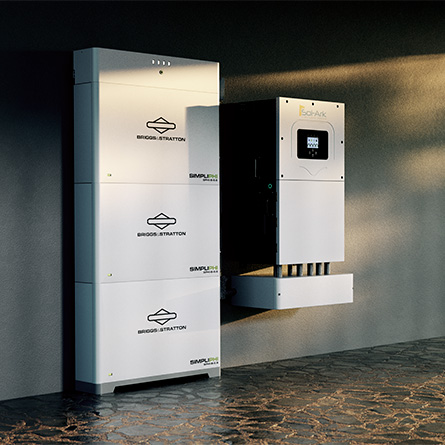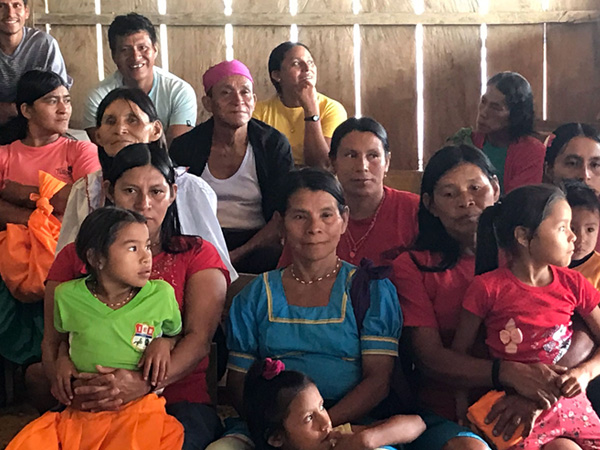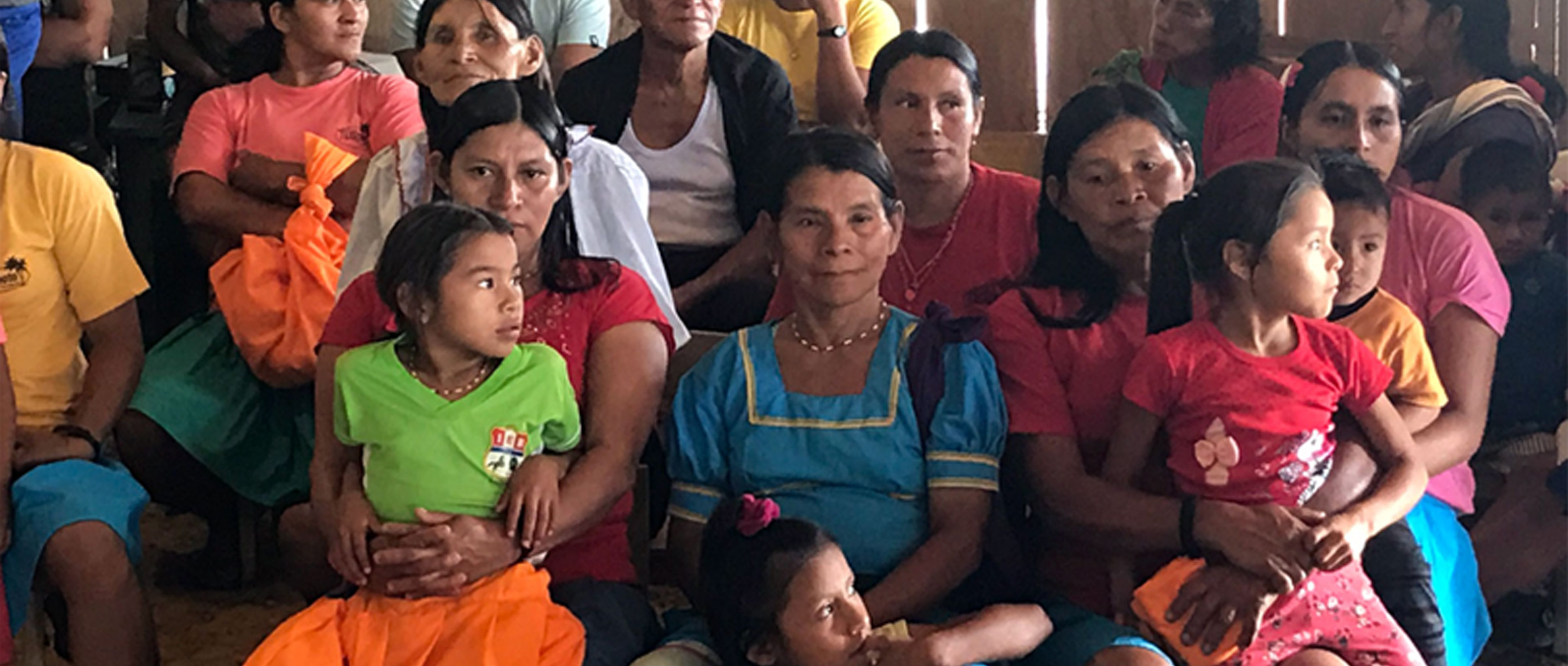An estimated 22 million people in Latin America do not have access to electricity, including ~2 million in Peru alone. Among rural Peruvian households without electricity, 80% use kerosene lamps for lighting. Household kerosene use is tied to impaired lung function, asthma, cancer, and increased susceptibility to infectious diseases such as tuberculosis, according to the National Institutes of Health. Beyond detrimental health impacts, a lack of electricity is also linked to lower incomes and education.
Families in the remote mountain community of Mushuk Lamas, deep in Northern Peru’s Andean mountains, had grown tired of living without electricity. They wanted to be able to access the internet to improve educational opportunities and to charge their cell phones so they could communicate with loved ones. They longed for lighting in their community center and communal kitchen and to make everyday life more simple. The Mushuk Lamas community also wanted to be able to power refrigeration for critical medicine, as members of their community often had to travel long distances for vaccines or medications that needed refrigeration.


Recognizing and responding to the needs of the Mushuk Lamas community, Twende Solar, an Oregon-based clean energy non-profit, managed the design and construction of a solar + energy storage microgrid that will supply 24/7 energy access.
Marissa Johnson, Executive Director of Twende Solar, explained why the organization chose to use PHI 3.5 batteries.
“Our first consideration was making sure we had a product that was easy to use. The PHI 3.5 batteries require no ongoing maintenance for a community that is newly electrified and were connected to the system in about 10 short minutes.” A second consideration, Johnson explained, was logistics. “All system components had to be carried three miles up the steep switchback trail, either by humans or small horses. The powerful, compact design of the PHI 3.5 batteries meant that we hauled only five 77.5lb batteries up to power the entire village. Our final and most important consideration was the longevity of the batteries. This was a humanitarian installation for a community that is high in natural resources, but low on funding. We wanted to be sure that they were set up with something that was long-lasting, and the PHI 3.5 batteries come with a 10-year warranty and will provide peace of mind along with illuminated nights."


This solar+storage microgrid powers an internet tower, laptops, a public announcement system, refrigeration for a medical post, a blender, and lighting for the community center and communal kitchen. It also distributes power to the homes of 25 families so they have light by which to cook and eat at night and the ability, for the first time, to purchase coffee production equipment that requires electricity. As a special surprise for the community, this microgrid also powers newly installed floodlights for the soccer field. The village chief exclaimed “Tenemoz luz” (“We have light!”) when the first lights were switched on at the community center. Shortly thereafter, the first village member was able to successfully charge her phone.


This off-grid, DC-coupled solar+storage microgrid consists of five PHI 3.5 batteries for 17.5 kWh of energy storage, two STUDER XTM 4000-48 inverters/chargers, two STUDER VT-65 MPPT solar charge controllers, 24 x Jinko JKM305P-72 solar modules for 7.32 kW of solar power, an Xcom-GSM data monitoring device, and Unirac ground-mount racking. All equipment was supplied by CED Greentech Pacific Northwest.
Importantly, no Twende system is complete without instruction for the local community about the benefits of solar+storage, how their system and others like it work, and how to protect and maintain their investment for decades to come. Everyone in the community—male and female, young and old—took part in Twende’s on-site training.


Thanks to 24/7 power, the Mushuk Lamas community can now easily access critical medicine, cook, communicate with loved ones, improve coffee bean production, and educate themselves. The power comes from harnessing the sun's energy with safe, enduring PHI batteries.

Ready to experience true energy independence?
Request a consultation with a Briggs & Stratton dealer or installer near you by clicking the button below.



